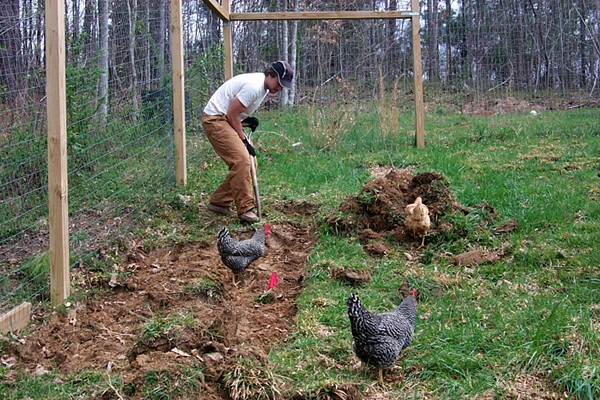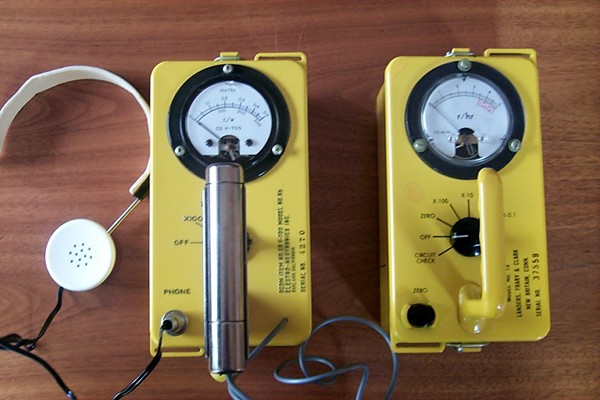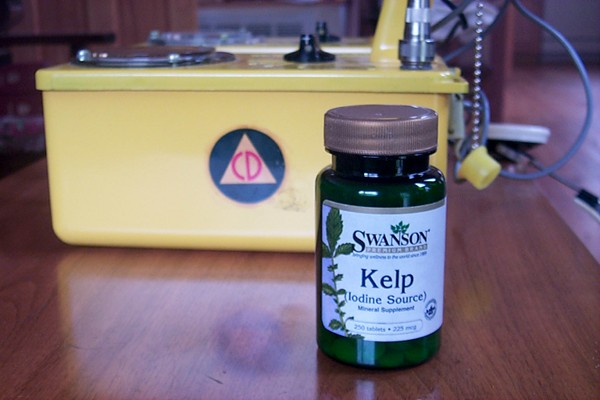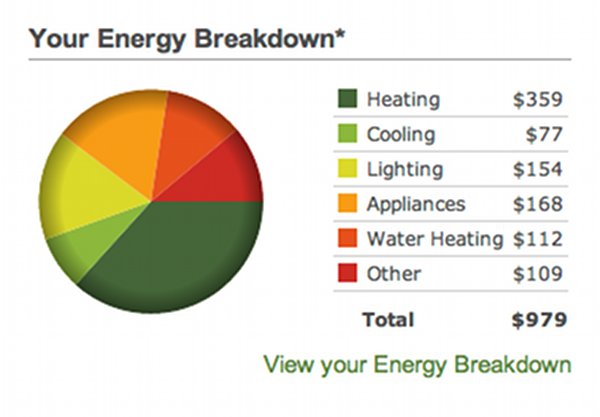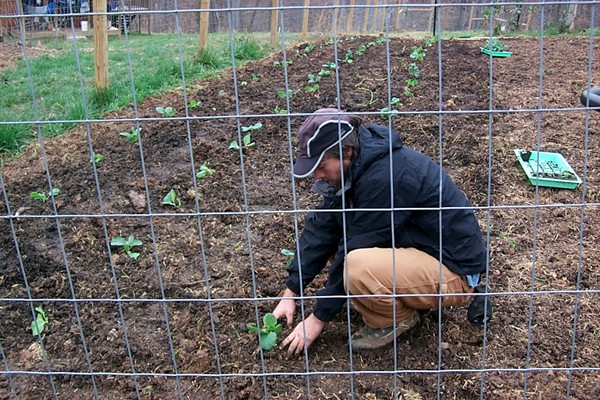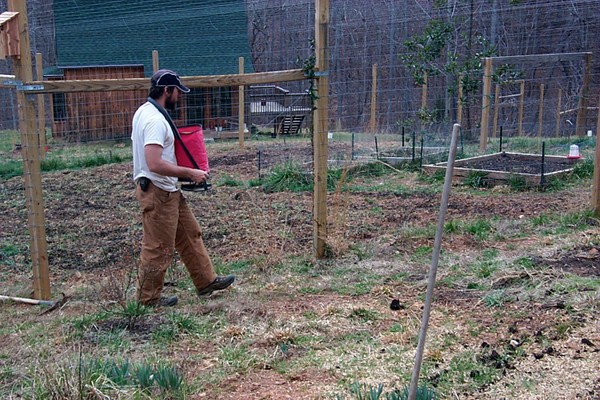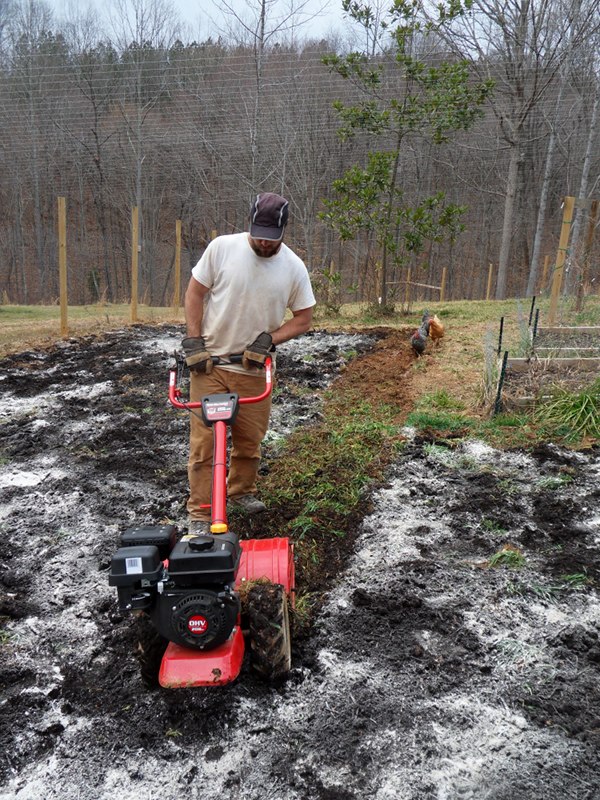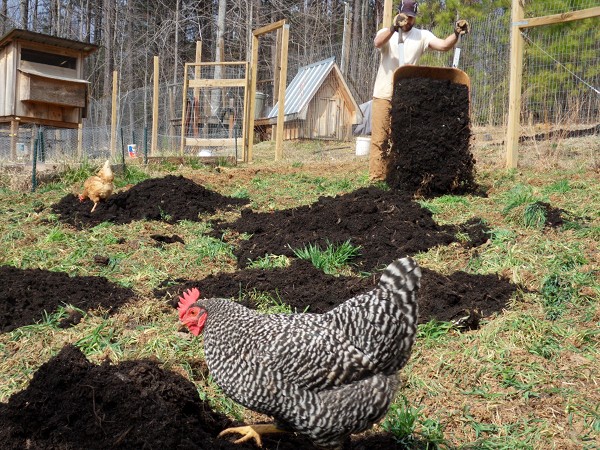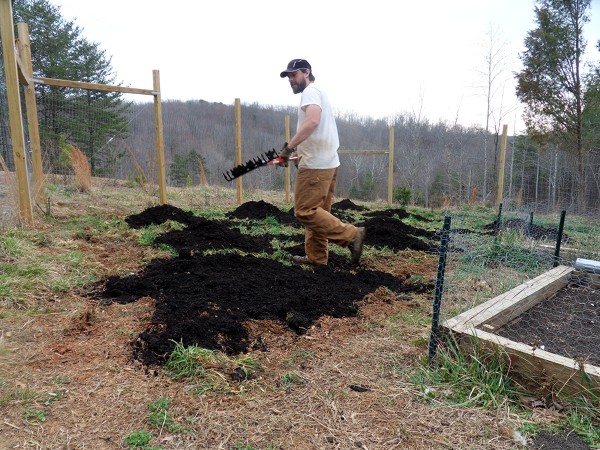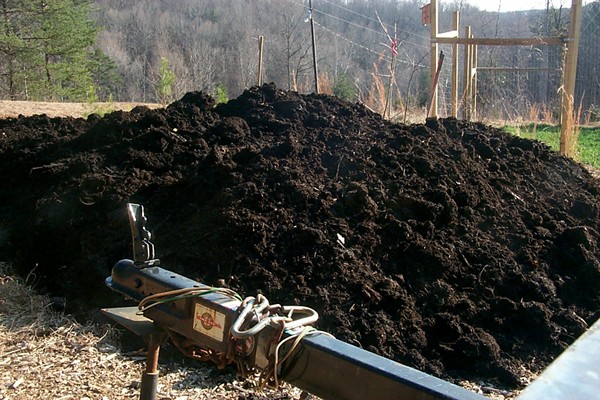
Fritz Lang’s “Metropolis”
One of the many puzzling things about today’s political environment is why so many of the people who distrust government think that corporations can do no wrong. My view is that out-of-control, anti-democracy corporations are far more dangerous than government.
Mind you, I don’t want to totally demonize corporations the way some people totally demonize government. Corporations, if they are reasonably regulated, can do lots of good things — make iPads, for example. But as corporations get richer and more powerful, they want a weak government. They will use their resources, if they can, to take over the government. They will use propaganda to demonize government and keep lots of people from seeing what they’re up to. That is what is happening in the United States today. Corporations are well along in their plan to weaken our government and our democracy and bring about their vision of a dog-eat-dog, corporatized, free-market utopia.
If corporations get their way — and increasingly they are getting their way — government will be powerless to stop them. Already our democracy is too weak to restrain corporations. The Congress regularly passes bills that the majority of Americans clearly don’t want. Instead, Congress passes the bills that corporate lobbyists and big-buck campaign donors want.
What can we do, on our own, to get back at corporations when our democracy fails us?
Here are some suggestions.
1. Get out of debt as quickly as possible, and stay out of debt. Not only will corporations bleed you dry on the costs of servicing your debt, debt limits your choices. It keeps you on the treadmill. It forces you to remain a slave indentured to corporate power. Your debt lets them treat you like a dog, while you are powerless as long as you owe them.
2. Don’t sign contracts. Contracts with corporations these days rarely benefit the little guy. They benefit the corporations. Consider your cell phone contract, for example. You got just a cheap phone out of the deal. The corporation locked you into a long money stream and prevented you from taking advantage of competition.
3. Build up your savings. We need savings to get through unexpected crises, such as loss of a job, or a costly illness. Many people lose their homes to foreclosure, for example, after losing their job or getting sick. With no savings, they are at the mercy of every corporation that has a claim on them. And corporations have no mercy.
4. Spend your money as close to home as possible. Corporations suck money out of our neighborhoods, where it ends up as profits for Wall Street to be invested abroad. If you eat at a chain restaurant, for example, the money goes to Wall Street. But if you eat in a neighborhood restaurant, the money stays in your neighborhood, with your neighbors. Support your local farmers and farmers markets!
5. Cut your consumption. Most Americans buy all kinds of junk that they don’t need. See the Story of Stuff. Buying useless stuff is a waste of your money. It ends up as just more trash in our landfills. And it makes corporations fatter.
6. Don’t let them snoop on you. Corporations see the Internet as a wonderful new way to snoop on, and brainwash, consumers. They’ll track everything you do on the Internet, if you let them. You’ll find articles here and elsewhere on what you can do to prevent this.
7. Don’t let them scam you. Increasingly, diluted regulations and lack of government oversight let corporations scam you, legally or not. There are all kinds of scams, particularly having to do with borrowing or investing money. Half of the junk mail I get has a whiff of scam about it. The housing bubble and bust came about largely because of scams, some of which are actually legal in our deregulated business environment.
8. Don’t let them push you around. Is your bank pushing you around with high fees? Did the dealer try to tack on hidden fees when you bought a car? In how many ways is your credit card lender abusing you? When they try to pull a fast one on you, be smart and push back. Don’t let them take you for even so much as a penny. It’s a matter of principle.
9. Don’t believe their advertising and public relations. Corporations spend billions of dollars to make us think they’re nice. Oil companies, for example, love to make commercials about how “green” they are. It’s all bunk.
10. Cut off the propaganda. Virtually everything on radio, television, and cable these days is propaganda. At the very best, it’s low-grade information or mere infotainment. Those people who get their “news” by watching television are guaranteed to be ill-informed and besotted with propaganda. Not only that, but people like Rupert Murdoch make billions of dollars selling propaganda to people on his cable networks. Americans actually pay for their propaganda! Cut off your cable or satellite TV. The only way to be well-informed is to read, not to watch.
11. Don’t outsource to corporate America what you can do for yourself. Every time you take a ready-made supper dish out of your freezer and pop it in your microwave, you’ve outsourced your cooking to a corporation. Your supper cost you five or ten times as much as it should have. You ate all kinds of chemicals and cheap ingredients. A corporation got the profit.
12. Remember co-ops? Back in the 1970s, when health food stores were less common and before chains such as Whole Foods existed, there were many food co-ops. People got together, bought foods in bulk, and distributed the food, at cost, to the members of the co-op. I would love to see a resurgence of co-ops. Meanwhile, remember that credit unions are co-ops and are an alternative to banks. The Farm Bureau is a non-profit co-op, and it sells insurance. Look around for co-ops and non-profits that you might be able to shift your business to.
13. Support regulation and fight the corporate agenda. Don’t believe the corporate propaganda about the evils of regulation. In the real world, as opposed to the imaginary free-market utopia imagined by idealogues, it’s obvious that, if unregulated, corporations rapidly move toward predation, monopoly, and, eventually, oligarchy — which is pretty much where we are already in the United States. Corporations will always do everything they can to privatize profits and socialize costs. They don’t want their profits and sky-high executive salaries messed with, but they love bailouts. In Ireland, corrupt, corporatized politicians actually shifted the entire cost of the Irish bank bailout to Irish taxpayers. In the U.S., at least we mostly lent the bailout money to the banks. In Ireland they actually gave it to the banks. Corporatists, emboldened and empowered by the 2010 election, are pushing a nasty agenda: Rolling back environmental regulations, weakening unions and pushing wages down, continuing the takeover of public assets, continuing to shift the tax burden away from corporations and the rich to working people, weakening and starving the public school system, and so on. They’re winning, even though the public don’t support these things.
14. Rethink your career plans. If you’re young, how you make your living for the next 20 or 30 years can make a huge difference. Can you start your own business? Might you be able to work for a non-profit? I learned that there were many benefits for working for a private corporation rather than a corporation owned by Wall Street. Private corporations often take better care of their employees, because they don’t have to play games every quarter to try to keep Wall Street happy. Where you make your money is as important as where you spend it. Granted, working people in today’s post-industrial economy don’t have a lot of choices. But if you do have choices, go for it.
15. Roll back the clock. I would never argue that corporations have not improved our lives. In some ways, they have. That, after all, is why corporations exist — to supply some human need, something that can be done only with the combined effort of lots of people and specialized knowledge (like building airplanes, for example). But the problems occur when we, without thinking, let things go too far. So spend some time thinking about how corporations have brought you benefits but how they’ve also caused you harm. Did you buy tobacco from them? I hope not. Are you overweight because you eat too much corporate food? Have you become so dependent on television that you no longer know how to entertain yourself or your children? Have you failed to learn basic human skills, skills that your parents and grandparents once had, because you’ve become too dependent on corporations? How can you, in your life, roll back the clock to the time before corporations were out of control?
I leave you with a famous quote by Robert A. Heinlein. It’s from Time Enough for Love:
“A human being should be able to change a diaper, plan an invasion, butcher a hog, conn a ship, design a building, write a sonnet, balance accounts, build a wall, set a bone, comfort the dying, take orders, give orders, cooperate, act alone, solve equations, analyze a new problem, pitch manure, program a computer, cook a tasty meal, fight efficiently, die gallantly. Specialization is for insects.”
Heinlein is considered to have been a libertarian. But it wasn’t just government that helped us lose all this knowledge and give up so many choices. It was corporations.

